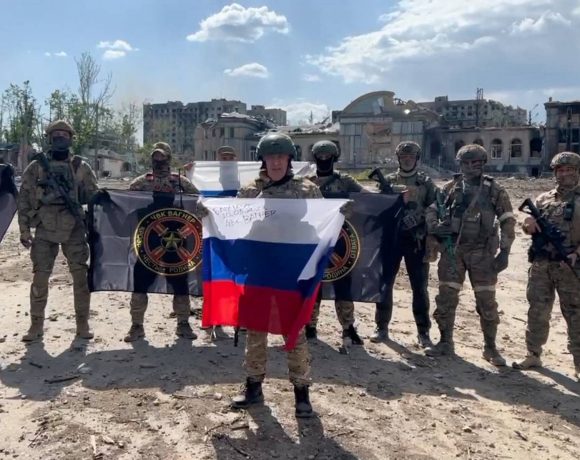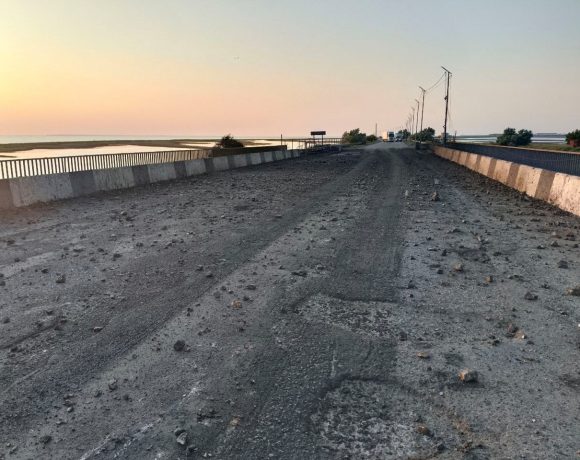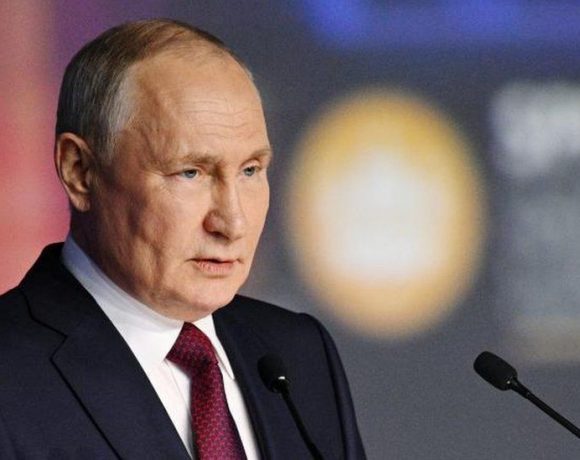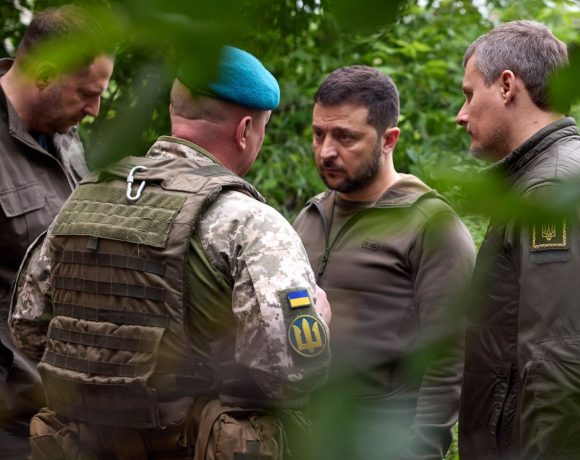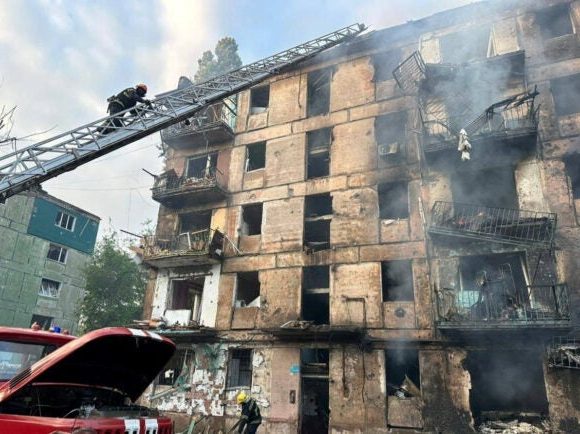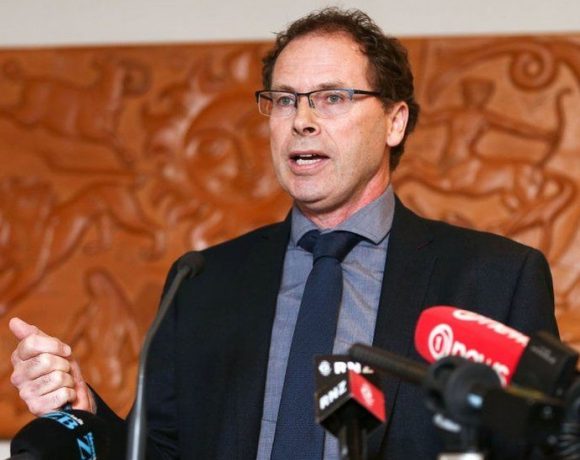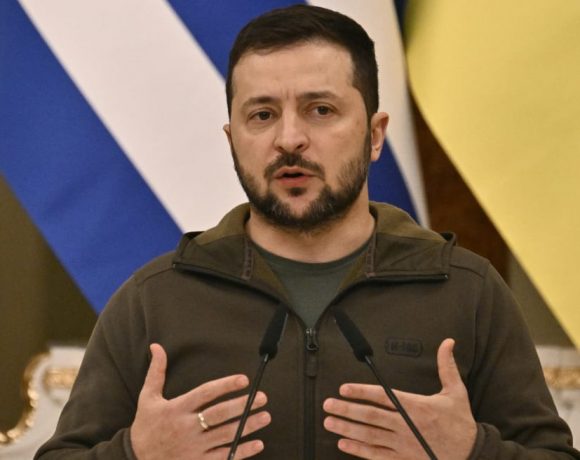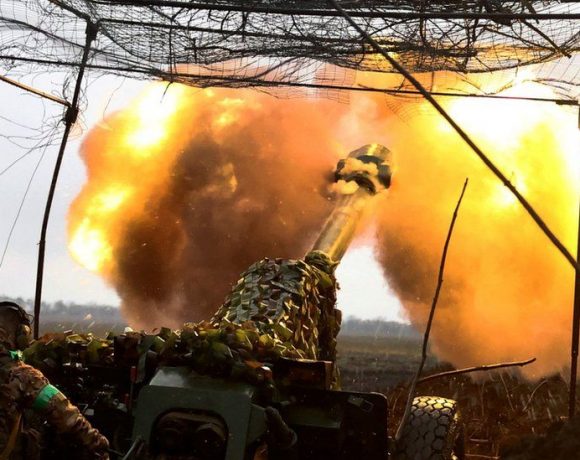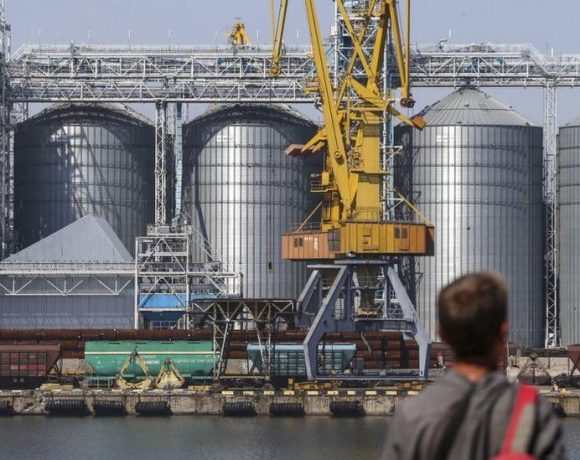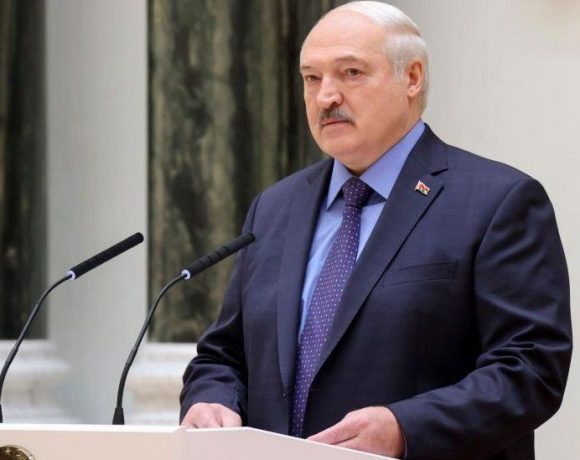
The leader of Russia’s 24-hour mutiny, Yevgeny Prigozhin, has arrived in Belarus after his Wagner mercenary group’s mutiny ended south of Moscow. Alexander Lukashenko, the leader of Belarus, claimed credit for arranging Prigozhin’s exile and stated that the Wagner mercenaries were offered an abandoned military base in Belarus if they wanted to join their leader.
As part of the agreement that ended the mutiny, Prigozhin has been promised security, and the Russian criminal case against Wagner has been dropped. The presence of Wagner in Belarus has raised concerns among neighboring NATO members, Poland, Latvia, and Lithuania, who fear possible sabotage and infiltration operations. NATO has expressed readiness to defend against any threat from Moscow or Minsk and plans to strengthen its defenses in countries bordering Belarus.
Russia has recently deployed tactical nuclear weapons in Belarus, stating that they would only be used if Russian territory was threatened. There are mixed reactions among the Belarusian public, with some expressing concern about having someone like Prigozhin in their country. The mutiny has revealed weaknesses in the Kremlin’s control of security in Russia, but President Putin praised Russian security forces for stopping a potential civil war.
Putin also acknowledged that the state fully funded Prigozhin’s private army, which included expenditures on salaries, bonuses, and catering services. The events surrounding the mutiny remain somewhat unclear, with reports of downed military helicopters and conflicting claims about casualties. Lukashenko revealed a version of events in which he acted as an intermediary between Putin and Prigozhin, suggesting that he could play a role in managing the mercenary forces in Africa.
Observers speculate that the crisis has weakened both Putin and Lukashenko, potentially leading to more repression in Belarus in the short term and uncertainty about Russia’s reliability as a pillar of support for Lukashenko in the long term.
Picture Courtesy: Google/images are subject to copyright

